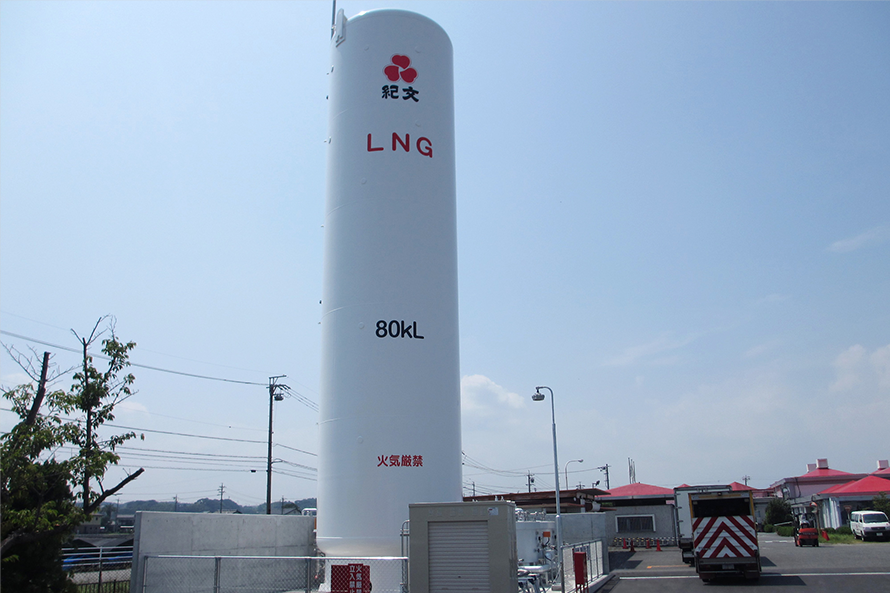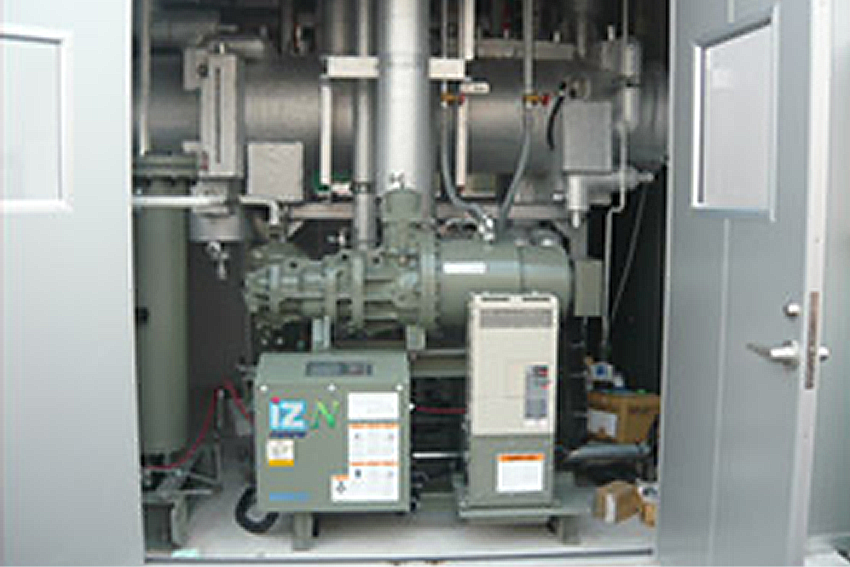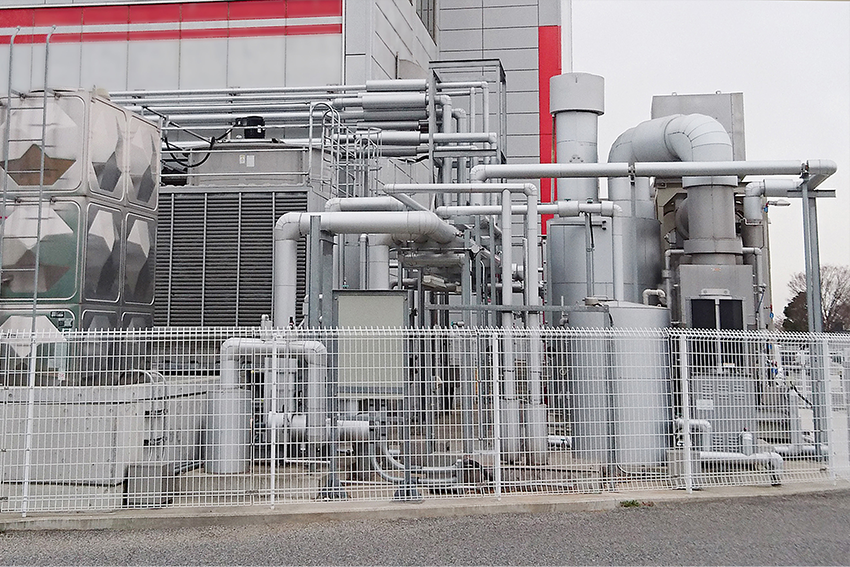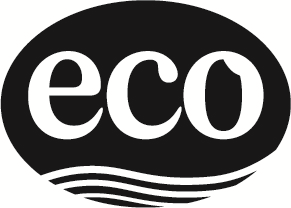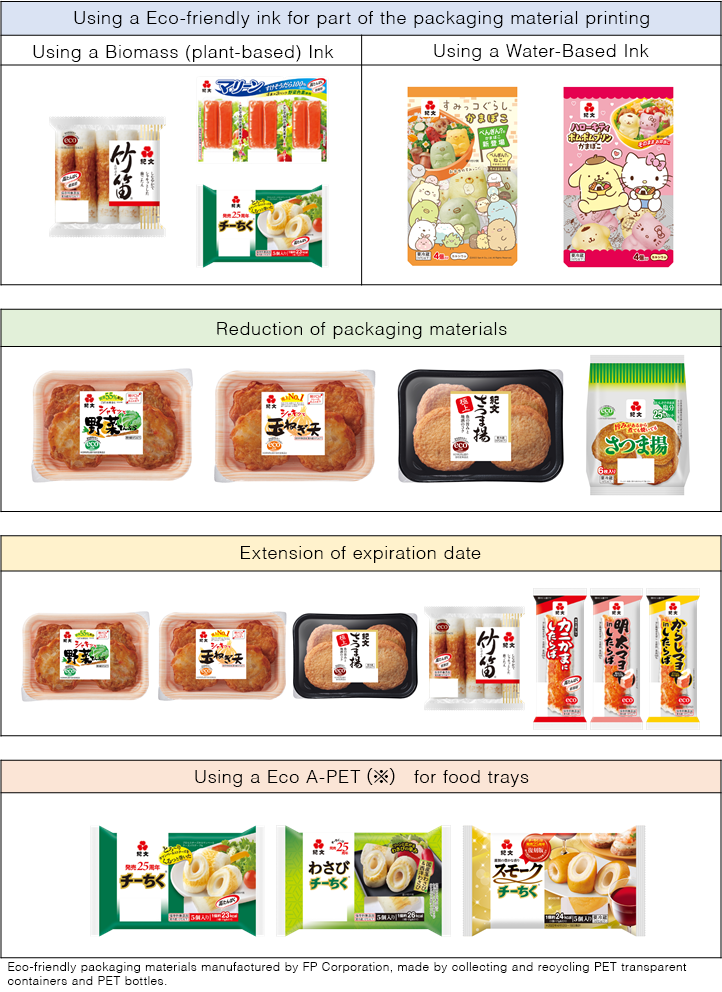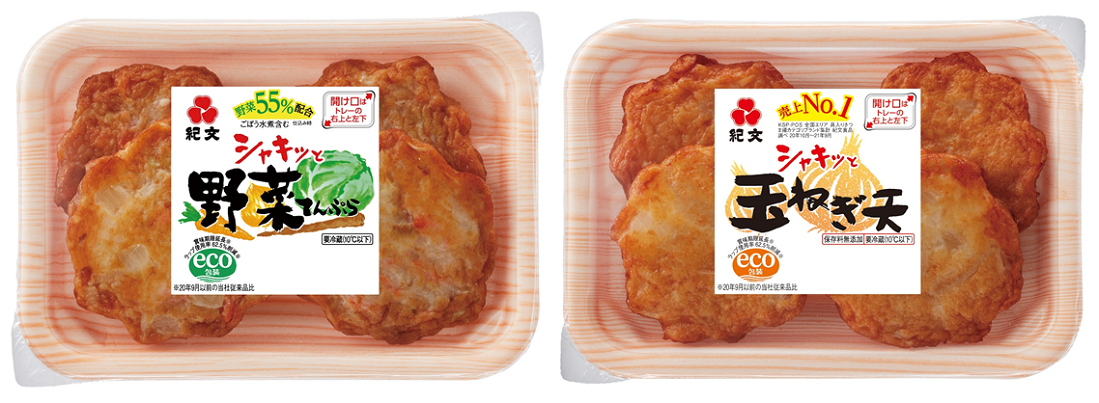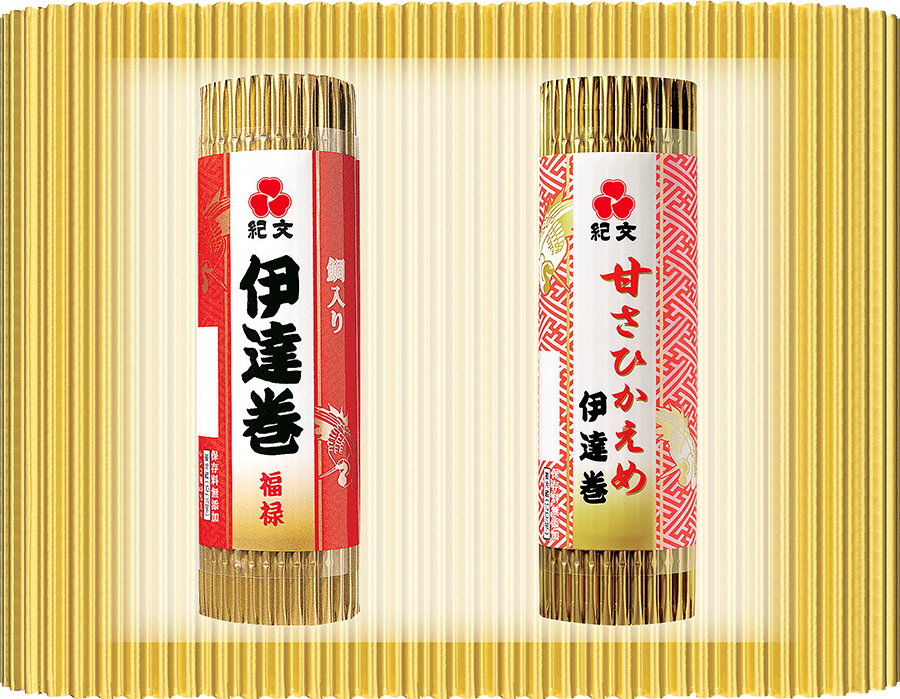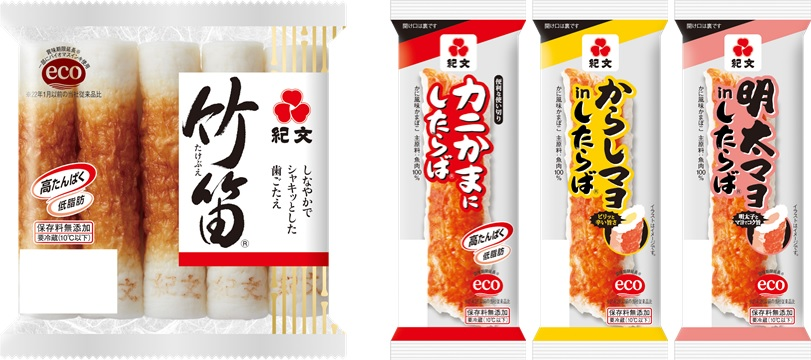Mindful of our management philosophy–Kibun Spirit of Innovation, New Challenges, and Dreams—the Kibun Group operates with the intention of becoming "a company that contributes to the bright, healthy lifestyles of our customers by providing foods that are both delicious and enjoyable."
Our Code of Conduct sets out the basic points that we must observe when operating our businesses.
1. We provide safe and secure products and services.
2. We conduct business activities fairly.
3. We preserve and effectively use business assets and information.
4. We maintain a comfortable working environment.
5. We respect human rights and individuality.
6. We give full consideration to resources and the environment, the common property of society.
7. We respect the traditions and cultures of every country and region.
8. We fully disclose information related to our business activities.



